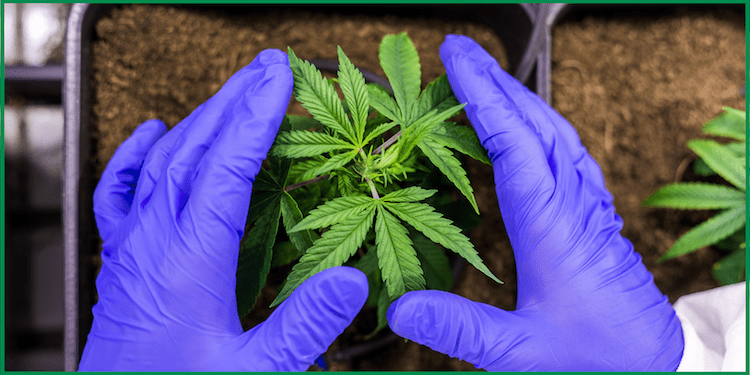Marijuana legalization has been a hot topic of debate in recent years and is a public safety concern in the United States.
Proponents argue that it can generate revenue for the government and help reduce the number of people incarcerated for non-violent drug offenses. However, some opponents say that it poses a threat to public safety.
So, what does the evidence say about the impact of marijuana legalization on public safety?
Public Safety Concerns on Marijuana Legalization
- Crime Rate: One of the primary concerns of opponents of marijuana legalization is the fear that it will increase crime. However, studies have consistently shown that this is different. In fact, in states that have legalized marijuana, crime rates have either stayed the same or even decreased in some cases. For example, a study published in the journal Justice Quarterly showed no significant increase in crime rates in states that had legalized marijuana for medical use. Another study published in the same journal found that the legalization of marijuana for recreational use was associated with decreased property crime rates.
- Impair Drivers: Another concern is that legalizing marijuana will lead to increased impaired driving, which could endanger public safety. However, while it is true that marijuana use can impair driving ability, studies have shown that it is not as significant a risk as alcohol. According to the National Institute on Drug Abuse, drivers with THC (the active ingredient in marijuana) in their system are roughly 1.25 times more likely to be involved in a crash than drivers who have not used drugs or alcohol. In contrast, drivers with a blood alcohol concentration (BAC) of 0.08% or higher are roughly four times more likely to be involved in a crash than sober drivers.
It is worth noting that while marijuana legalization hasn’t proven to increase crime rates, it has had some unintended consequences.
For example, the legalization of marijuana has increased the number of people seeking treatment for marijuana addiction.
Additionally, there has been an increase in emergency room visits related to marijuana use.
In conclusion, the evidence suggests that marijuana legalization does not significantly threaten public safety.
While some unintended consequences may exist, such as increased marijuana addiction and emergency room visits, the overall impact on public safety is minimal.
As more states continue to legalize marijuana, monitoring these unintended consequences and ensuring policies are in place to address them will be necessary.
Do you enjoy this reading? Kindly share with family, friends, and colleagues. Thanks 🙂



